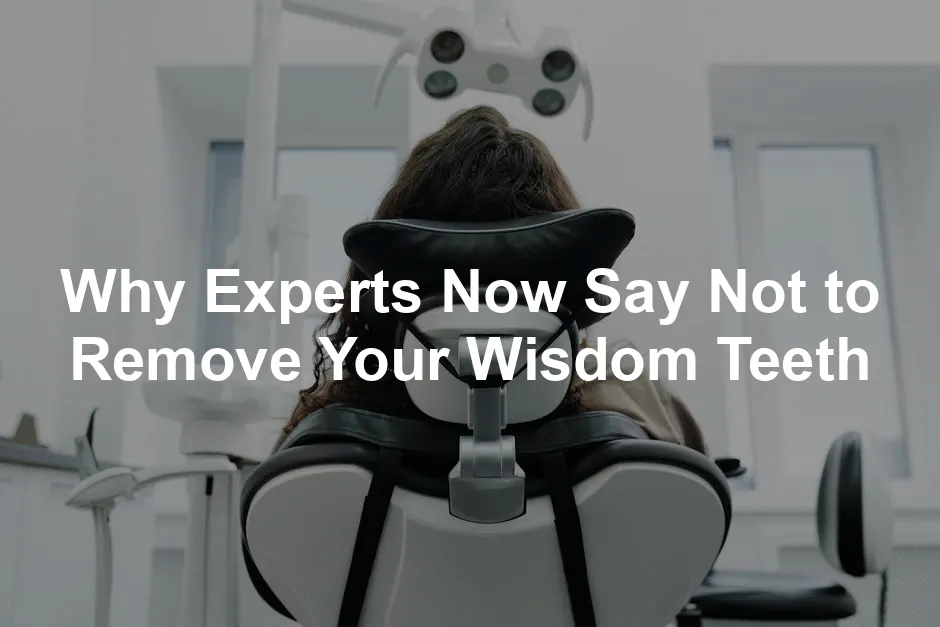
Why Experts Now Say Not to Remove Your Wisdom Teeth
Introduction
In a world where dental wisdom has often dictated the extraction of your third molars, it seems the tides are turning. Once considered a rite of passage for the young and brave, the removal of wisdom teeth is now under scrutiny. Recent research and expert opinions suggest that these extra molars may not be the troublemakers we once thought. In fact, many people can retain their wisdom teeth without any issues at all.
Historically, the reasoning behind routine extractions stemmed from concerns about impaction, crowding, and potential infections. However, modern dental practices are increasingly leaning towards a more individualized approach. This shift is not just about saving your teeth; it’s about understanding the unique circumstances surrounding each patient.
What’s driving this change? Advances in dental imaging and research have revealed that many wisdom teeth grow in without causing problems. As a result, experts are now advocating for careful monitoring instead of automatic removal. This is particularly important for those who have healthy wisdom teeth that are properly aligned.
Speaking of keeping those pearly whites healthy, consider investing in an Oral-B Pro 1000 Electric Toothbrush. It’s a game changer for your daily oral hygiene routine, ensuring that you brush effectively and keep those wisdom teeth safe from plaque buildup!

Summary
This article explores the shifting perspectives surrounding wisdom teeth removal. Historically viewed as a necessary precaution against impaction, crowding, and infection, recent studies indicate that many people can retain their wisdom teeth without issues. The article summarizes key points including:
- The historical context of wisdom teeth removal and its evolution.
- Reasons experts advocate for a more conservative approach, emphasizing individual assessments over blanket recommendations.
- The potential complications associated with unnecessary surgery.
- When extraction remains appropriate, such as in cases of impaction or infection.
By the end, readers will understand the nuanced decision-making process regarding their wisdom teeth and be better equipped to discuss concerns with their dental professionals. Understanding this information can empower patients to make informed decisions about their dental care, rather than following outdated practices that may not serve their best interests. The evolving conversations around wisdom teeth illustrate the importance of personalized care in dentistry today.
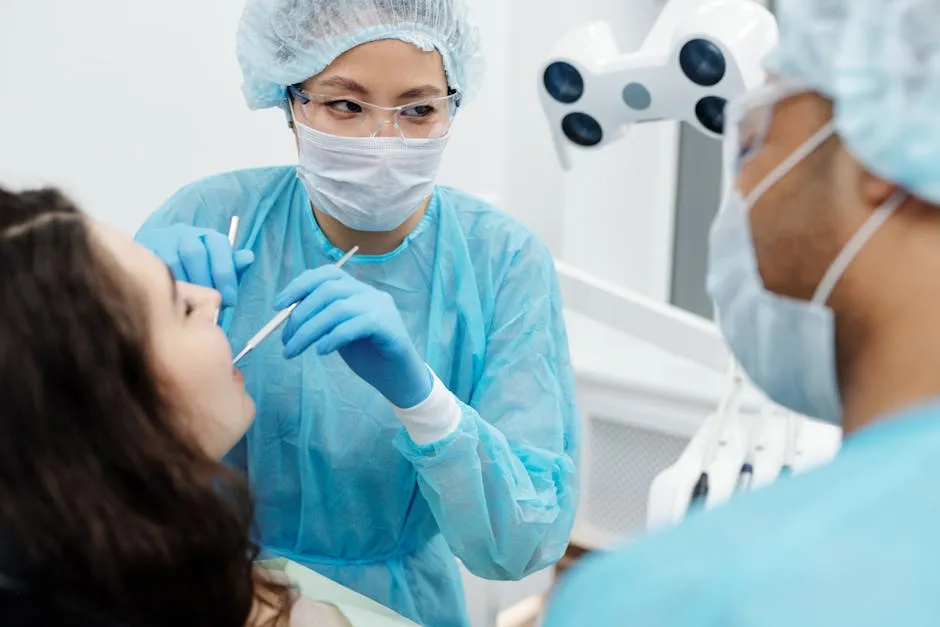
Changing Perspectives
The Modern Shift in Recommendations
Gone are the days when wisdom teeth removal was a rite of passage for young adults. Recent studies are shaking things up! Experts now suggest that not everyone needs these pesky molars yanked out. Yes, you heard that right! Research shows that many people can keep their wisdom teeth without issues.
The importance of individualized dental care has never been clearer. Each mouth is a unique landscape, and one-size-fits-all solutions are becoming a thing of the past. Dentists are now focusing on personalized assessments rather than jumping straight to surgery. Armed with the latest dental imaging technology, they can monitor wisdom teeth more effectively. Panoramic X-rays and 3D imaging allow dentists to keep tabs on these molars, ensuring they’re not causing trouble before recommending removal.
By embracing this modern approach, patients can avoid unnecessary procedures and the discomfort that follows. After all, why go under the knife if your wisdom teeth are happily coexisting in your mouth? Speaking of comfort, if you ever find yourself grinding your teeth at night, consider using a Mouth Guard for Teeth Grinding. It’s a small investment for a big comfort upgrade!
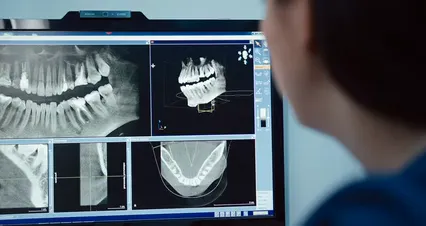
Risks of Unnecessary Extraction
Let’s talk about the elephant in the room: the risks involved with removing wisdom teeth. There’s more than just a little discomfort to worry about. Complications can pop up, such as infections, nerve damage, and dry socket. Ouch!
And let’s not forget about the financial implications. Surgical procedures can be costly, and many people are left grappling with hefty bills. When evaluating whether to remove wisdom teeth, weighing the costs against potential benefits is essential. If your teeth are functioning well and not causing any pain, is surgery worth the price tag? Spoiler alert: often, it’s not! To keep your dental expenses down, consider using Waterpik Aquarius Water Flosser, which can help maintain your oral hygiene and potentially reduce the need for costly dental procedures.
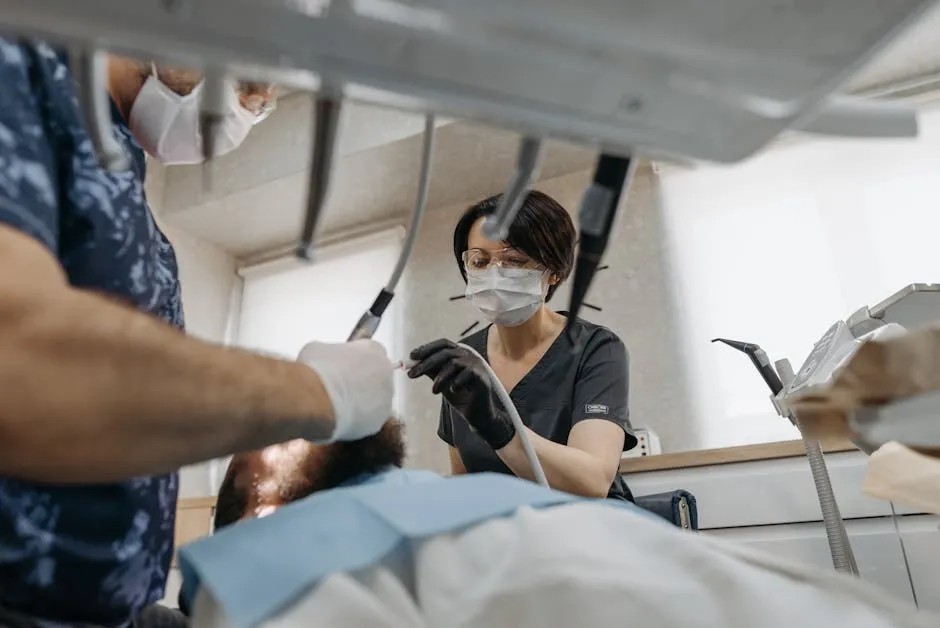
The Emerging Argument for Keeping Them
Now, let’s explore the benefits of keeping these molars. Healthy wisdom teeth can enhance chewing efficiency, acting as backup molars when needed. Plus, they may help maintain dental alignment, preventing neighboring teeth from shifting out of place.
Recent case studies highlight patients who opted to keep their wisdom teeth and experienced no issues. In fact, a whopping 35% of individuals develop wisdom teeth that are aligned correctly and don’t require removal. This means that keeping them can be a win for many, leading to a healthier and more functional mouth. And to keep that mouth fresh, don’t forget about your daily routine! Try Crest 3D White Whitestrips for a dazzling smile!

So, before rushing into that extraction appointment, consider the possibility of keeping your wisdom teeth. They might just be doing a great job without any fuss!
The Dental Monitoring Approach
Regular dental check-ups play a crucial role in managing wisdom teeth. Dentists rely on these appointments to monitor any changes in your mouth. X-rays are particularly helpful, allowing professionals to see how wisdom teeth are developing. This proactive approach helps catch potential issues before they escalate.
During your visits, dentists assess the position and health of your wisdom teeth. They look for signs of impaction or misalignment, which can lead to complications later on. By tracking these changes over time, dentists can create a tailored plan for each patient. If everything looks good, there may be no need for removal.
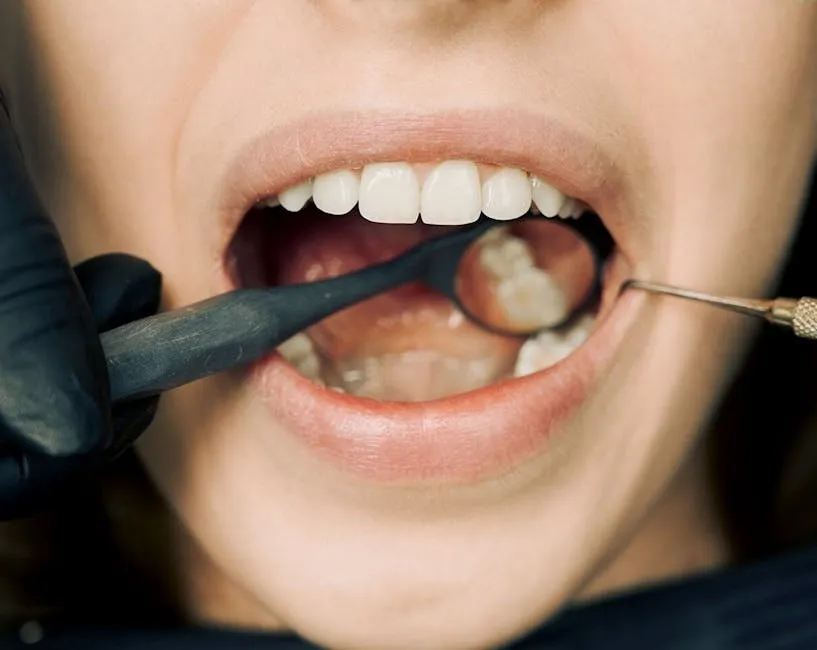
This strategy emphasizes the importance of individualized care. Instead of a blanket recommendation for extraction, dental professionals can provide guidance based on your unique situation. This way, you can keep your teeth healthy and avoid unnecessary surgery. To assist in your dental hygiene, consider adding a Philips Sonicare ProtectiveClean 6100 to your routine. It’s perfect for keeping your gums and teeth in tip-top shape!
Preventive Strategies
Best Practices to Maintain Healthy Wisdom Teeth
Keeping your wisdom teeth healthy requires diligence. First and foremost, oral hygiene is key. Brush your teeth at least twice a day and don’t forget to floss! Pay special attention to the back of your mouth where wisdom teeth often hide. Using an antiseptic mouthwash can also help reduce bacteria and keep your gums healthy. For a fantastic mouthwash option, try Listerine Antiseptic Mouthwash. It’s the classic choice for a reason!
Next, consider your diet. A balanced diet rich in vitamins and minerals supports oral health. Crunchy fruits and vegetables can help scrub away plaque. However, try to limit sugary snacks and beverages that can lead to cavities. If you’re looking for healthy snacks to aid your dental health, check out a Healthy Snack Box. They make munching a guilt-free experience!
Lifestyle changes can also make a difference. Avoid smoking and excessive alcohol consumption, as these can harm your gums and overall oral health. Regular exercise and staying hydrated are beneficial too, keeping your immune system strong.

Importance of Regular Dental Visits
Frequent dental assessments are vital for preventing complications with wisdom teeth. During these visits, your dentist will perform thorough examinations and take X-rays as needed. These check-ups help identify any concerns early, ensuring timely intervention if necessary.
Expect your dentist to discuss any changes since your last visit. They’ll ask about any discomfort or changes in your oral health. If any issues arise, they’ll recommend the best course of action. This proactive approach not only saves you from potential pain but also helps maintain your overall dental health.
In summary, regular visits and good hygiene can help keep your wisdom teeth in check. Embracing these strategies can lead to a healthier mouth and avoid unwanted surgeries. If you’re looking for a comprehensive dental care kit, consider a Dental Hygiene Kit to have all the essentials at home!
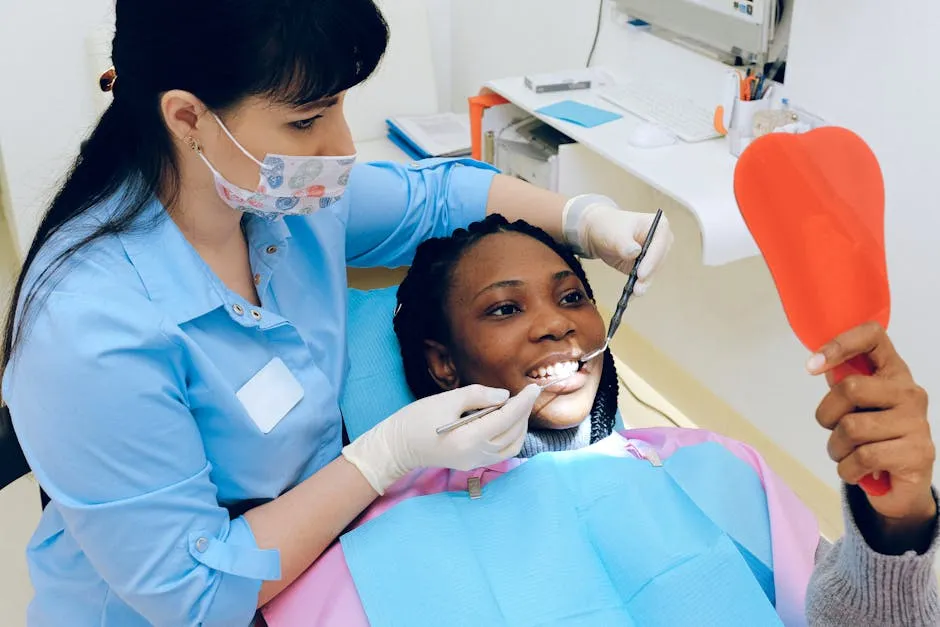
Conclusion
As perspectives evolve in dental care, the decision to remove wisdom teeth is no longer straightforward. The days of blanket recommendations for extraction are fading. Instead, a more personalized approach is gaining traction. This shift emphasizes the importance of evaluating each patient’s unique dental situation.
Many experts now argue that, if your wisdom teeth are healthy and positioned well, they might be better off staying put. Keeping these molars can even support oral function and help maintain alignment. How’s that for a plot twist? If you’re looking to enhance your oral health even more, consider trying Tom’s of Maine Natural Toothpaste for a gentle yet effective clean!
On the flip side, we must acknowledge that wisdom teeth aren’t always the heroic defenders of our dental health. There are situations where extraction is necessary. For instance, if they are impacted, causing pain or infection, removal becomes a reasonable option. But this should be assessed on a case-by-case basis.
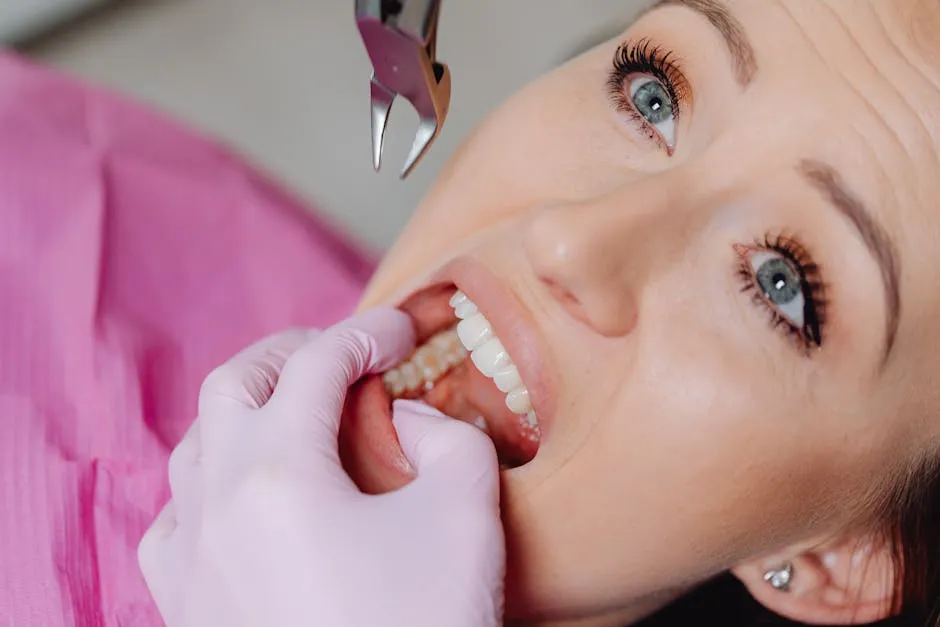
Staying informed and consulting with dental professionals is critical. Your dentist can monitor the status of your wisdom teeth through regular check-ups. This proactive approach allows for timely interventions when necessary, while avoiding unnecessary surgery.
Ultimately, by prioritizing your unique dental needs, you can navigate this complex issue with confidence. The journey towards optimal oral health is not a one-size-fits-all path. Embrace the evolving views on wisdom teeth. Whether you choose to keep or remove them, make your decision based on thorough evaluations and expert advice.
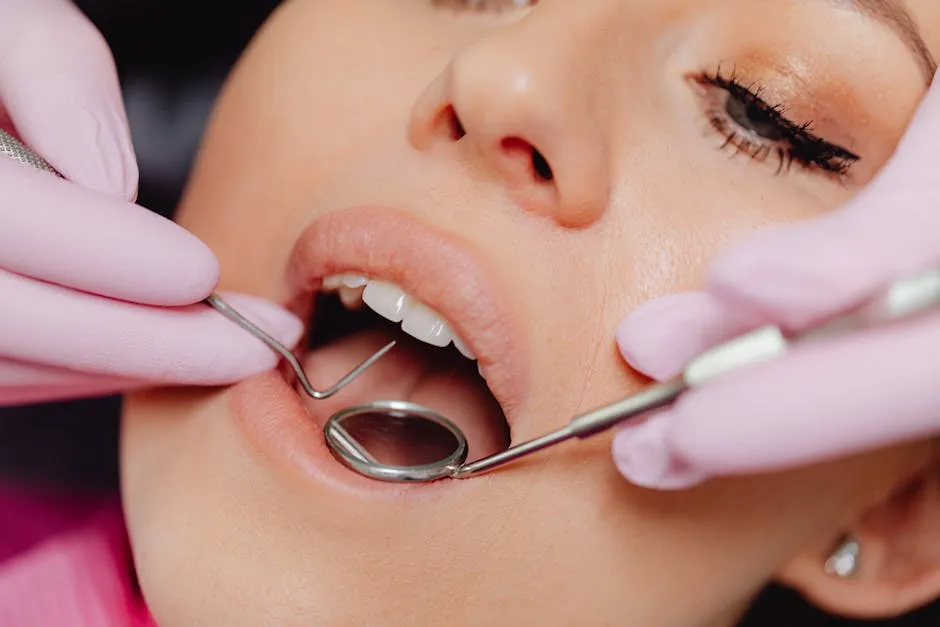
FAQs
Why shouldn’t we remove wisdom teeth?
Removing wisdom teeth unnecessarily can expose you to surgical risks. Such risks include nerve damage, infection, and prolonged recovery discomfort. If they are healthy and properly positioned, keeping them may provide long-term dental benefits.
Is it still recommended to remove wisdom teeth?
While removal is advised in cases of impaction or infection, experts now suggest keeping them if they don’t cause issues. The inherent risks of surgery often outweigh the benefits of extraction for asymptomatic teeth.
What are the benefits of keeping wisdom teeth?
Healthy wisdom teeth can enhance chewing efficiency and help maintain the alignment of other teeth. They can serve as backup molars, providing additional support for chewing when needed, and preventing shifts in your bite.
What are signs that my wisdom teeth need removal?
Signs include persistent pain, swelling, infection, or damage to nearby teeth. Regular dental check-ups can help monitor their condition and determine if extraction is necessary.
How long does recovery take after wisdom teeth removal?
Recovery typically takes about a week, but complete healing can take longer. Factors like the number of teeth removed and their position influence recovery duration.
Can wisdom teeth cause headaches?
Yes, impacted or misaligned wisdom teeth can sometimes lead to headaches or jaw pain due to pressure on surrounding teeth and nerves. Regular monitoring can help catch these problems early.
For more insights on why we have wisdom teeth and the problems they may cause, you can read about it here: Why do we have wisdom teeth if they often cause problems
Please let us know what you think about our content by leaving a comment down below!
Thank you for reading till here 🙂
All images from Pexels




